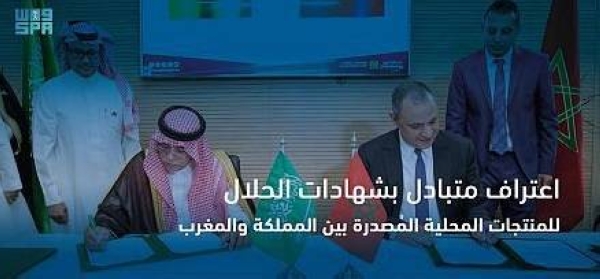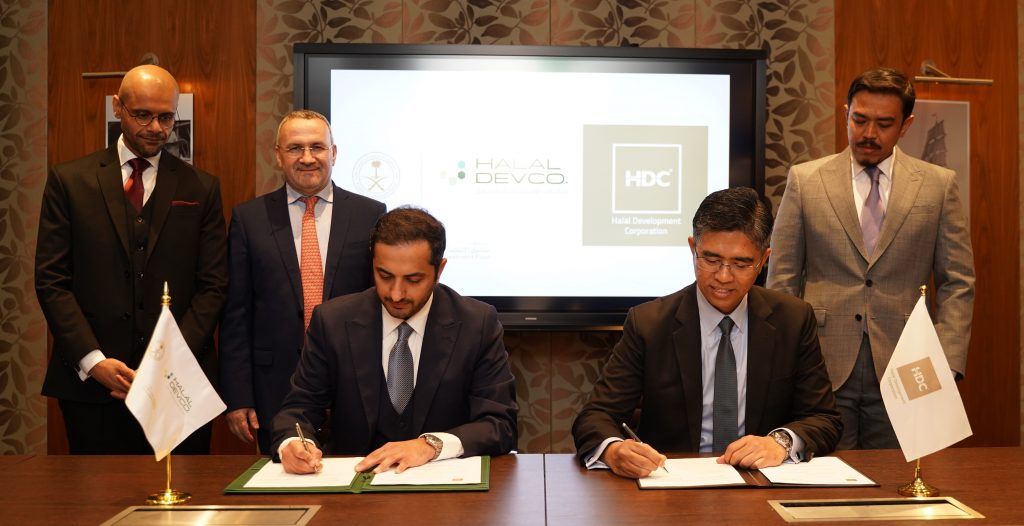11/11/12 www.albawaba.com
By Mohammad al-Khudairi
Some of Morocco’s young rappers are using their music to show support for the country’s ruling party, espouse family values, and encourage female modesty. It’s called “Halal rap,” but can it even be considered rap at all?
 Sheikh Sar (known as Chekh Sar in Morocco) is a rising star among religious youth here.
Sheikh Sar (known as Chekh Sar in Morocco) is a rising star among religious youth here.
But Chekh Sar isn’t an upcoming Salafi preacher on one of the religious satellite channels proliferating throughout the Arab world. He is just a young rapper from the city of al-Rashidiya in east Morocco who used to be called Elias Lakhrifi.
His mix of religious advice and conservative values has turned Chekh Sar into a symbol of “halal” music for an Islamist audience. Chekh Sar is credited with inventing a new style of Moroccan rap called “Halal rap.” He uses it to defend the ruling Islamist Justice and Development Party (PJD) and call for building a conservative society.
Although Chekh Sar has denied links to the PJD in various statements, he rose to fame by performing at party rallies and later rode the wave of the party’s success when they took parliament in November 2011.
He recently released a song defending the achievements of the Islamist party and criticizing its partners in government for supposedly obstructing the PJD’s work.
In this song, he re-appropriates the phrase “Do you understand me or not?” which was originally spoken by Prime Minister Abdelilah Benkirane when asked to explain the rise in prices of basic goods during a television interview, but later seized on by Moroccans to mock him. Chekh Sar turns it around to attack PJD’s detractors and defend Benkirane.
He has also criticized jailed rapper Mouad Belghouat, AKA Haked or vengeful, who is considered the voice of the February 20 opposition movement, describing him as “shameless.”
In addition to pursuing his music, Chekh Sar has also launched a campaign called “Do-Gooder.” He began by distributing flyers in the streets of his small city calling on women to wear the veil and embrace chastity. The campaign soon spread to other Moroccan cities.
He also shares video clips of himself, sometimes playing the rapper and others the preacher, dispensing homilies to anyone and everyone.
As a rapper leading Muslims to the moral path, Chekh Sar disapproves of rappers who swear or use vulgar language. He claims that fellow rapper Taoufiq Hazeb, AKA Bigg, considered a pioneer in the Moroccan rap scene, has a negative impact on listeners, while he attempts to reconcile this typically subversive genre with religious values and bring it to a wider audience of “families and households.”
But even Bigg is not the rebel he once was, having come under fire recently for songs many have interpreted as pro-government propaganda.
Last month, Bigg also released a song in which he used the “Do you understand me or not?” quote to criticize last year’s mobilization against the government. It was a follow-up to his song “I Don’t Want,” which prompted accusations that Bigg was trying to ingratiate himself with the government.
The new song parrots statements from his older songs, which criticized the backwardness and manifestations of power in society. It sounds like a newscast that mixes the fatwas of controversial preacher Sheikh al-Zamzami with incidents in Moroccan politics and sports from the past year.
Bigg likes to paint himself as a fierce opponent of the government, but this position is not evident in his lyrics. Only a few years ago, Bigg was a rising star in the world of young rappers, but over time, he has moderated his position and brought it closer to that of the government.
At least Bigg is a more skillful rapper than Check Sar, and his attempts at social critique closer to the spirit of rap.


